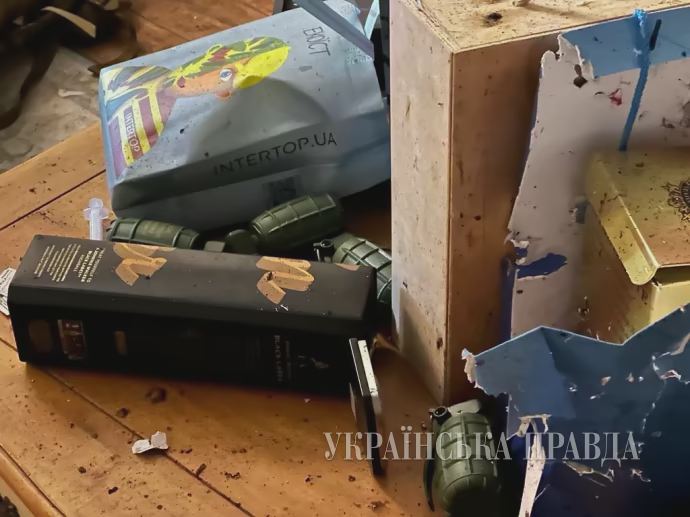Ukrzaliznytsia de-Russifies 82 railway objects in 2023 on language commissioner’s request
Ukrzaliznytsia, Ukraine's state-owned railway operator, reported that it de-Russified 82 railway infrastructure objects in 2023.


Ukrzaliznytsia, Ukraine’s state-owned railway company, de-Russified/de-Sovietized the names of dozens of railway sites across the country in 2023, the Commissioner for the Protection of the State Language, Taras Kremin, reported on Facebook.
According to Kremin, in 2023 Ukrzaliznytsia carried out measures to rename a total of 82 railway infrastructure objects, including 17 railway platforms, 16 division points, and 49 stopping points. This was done in direct response to requests made by Kremin’s office.
“Finally, the names associated with the Russian imperial heritage and not meeting the standards of the state language were renamed. In particular, Zelena Roshcha, Suvorovo, Zhovtnevyi, Zarichevo, Kolhospna, Chapaivka, Vatutino, Radhospna, Pervomaisk-on-Bug, Skorosnyi, Krasnyi Shakhtar, etc,” Kremin stated, highlighting some of the most notable changes.
The names mentioned by the Commissioner either contain Russian words (like Roshcha or Skorosnyi), or are named after Russian imperial figures (Suvorovo), or after Soviet personalities (Chapaivka, Vatutino), or after Soviet realia (Kolhospna, Radhospna, etc).
The renaming efforts are part of Ukrzaliznytsia’s broader “Iron Ukrainization” program launched in early 2023. This initiative aims to systematically remove Russian-language signage, Soviet symbols, and other vestiges of Ukraine’s imperial and communist past from the national rail network.
Kremin emphasized that the process of de-Russification requires constant public oversight and engagement.
“By cleansing our public space, we are filling it with Ukrainian content,” he said.
In addition to the renaming of infrastructure, Ukrzaliznytsia reported that in March 2024, its structural units conducted comprehensive monitoring of railway facilities and rolling stock. The goal was to identify and remove any remaining Russian-language inscriptions, technical markings, images, bas-reliefs, and memorial plaques that do not reflect Ukraine’s modern historical context.
“For each identified object, measures have been taken or are being taken for their removal,” the company stated, as per Kremin, underscoring its commitment to eliminating all vestiges of Russian influence from the railway system.
Indicating that the de-Russification drive will continue in the coming years, Kremin noted:
“The renaming of certain regional branches of Ukrzaliznytsia that require alignment with modern requirements is next on the agenda,” he wrote.
De-Russification
Ukrzaliznytsia’s de-Russification efforts are integral to Ukraine’s nation-building agenda, aimed at reinforcing the country’s linguistic and cultural sovereignty following Russia’s military invasion. This initiative includes renaming places associated with Russian statesmen, cultural figures, or symbols of Russian influence, and dismantling related objects like plaques, signs, and monuments. A 2022 poll by the sociological group Rating found that 76% of Ukrainians support this initiative.
Kyivans voted to de-Sovietize two metro station names, following 200 renamed streets
In March 2023, the Ukrainian parliament passed a bill condemning and banning the propaganda of Russian imperial policy and the decolonization of toponymy in Ukraine, which was signed into law by President Volodymyr Zelenskyy in April 2023. This legislation prohibits names that glorify Russia or its aggressive actions and policies, leading to the renaming of various toponyms across the country.


